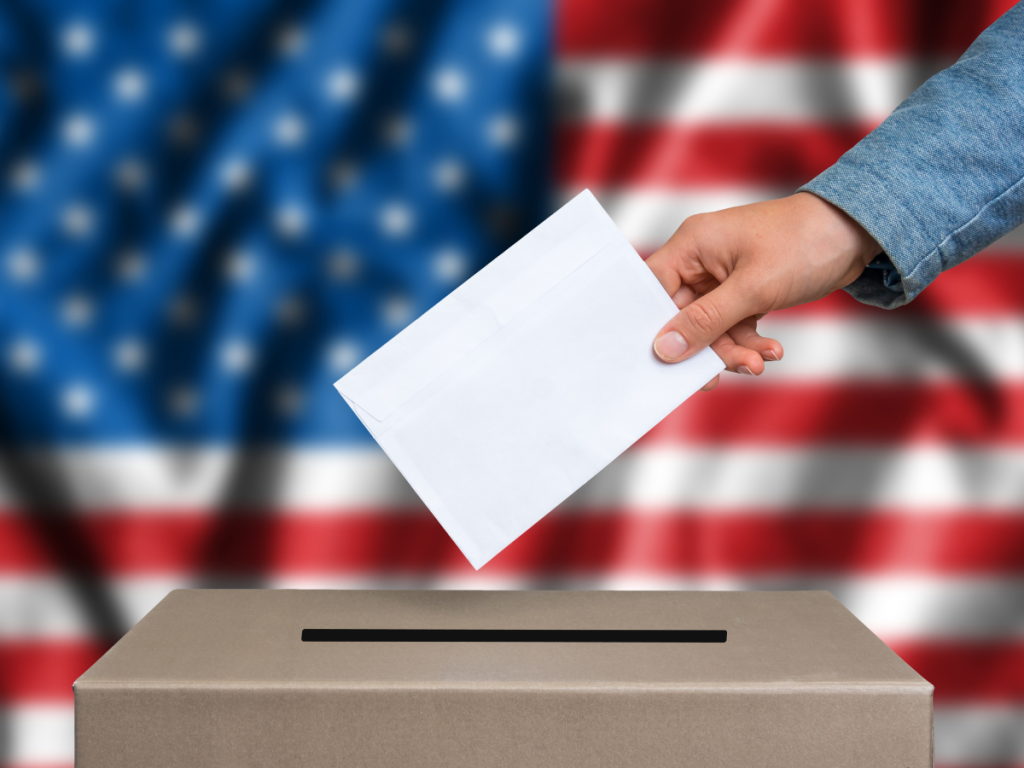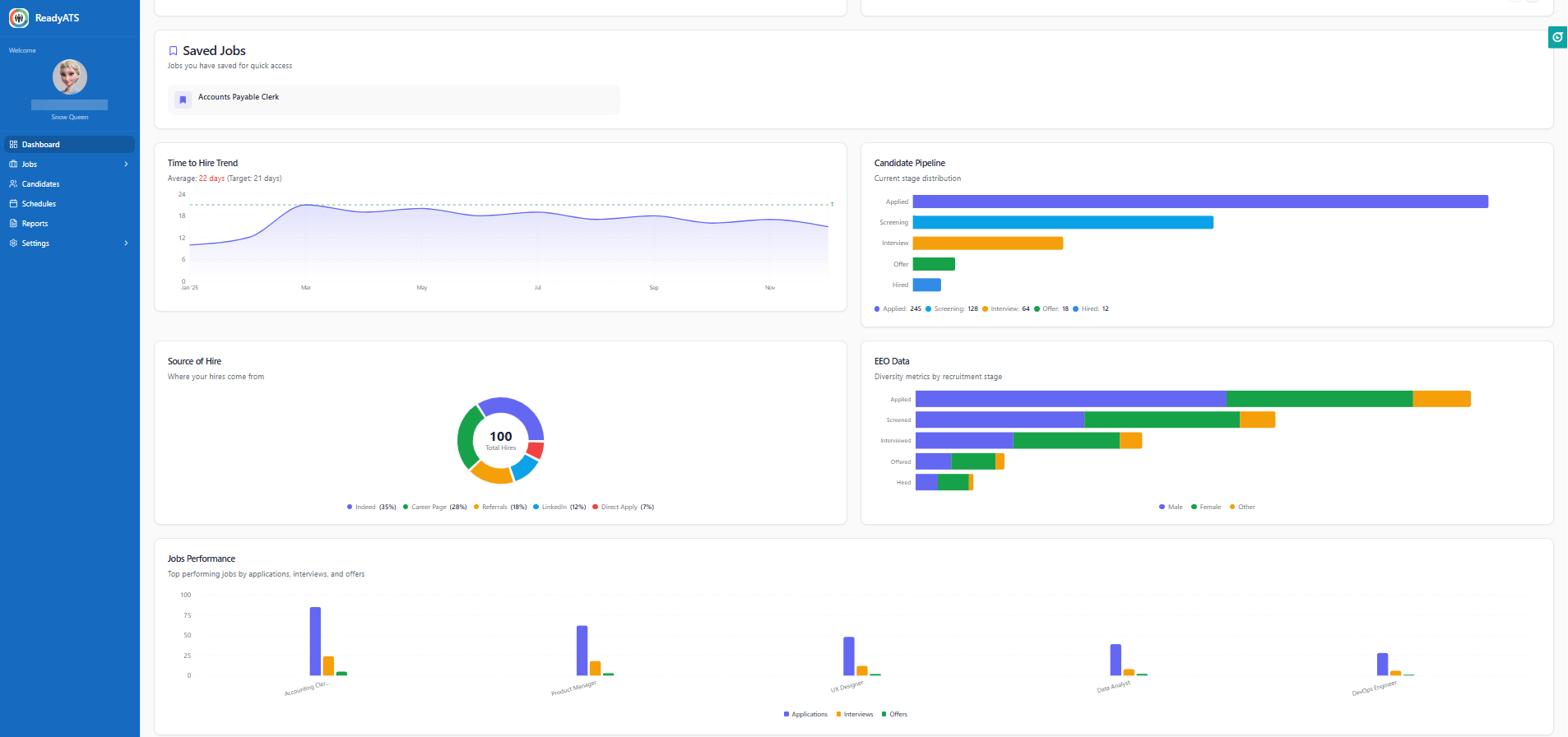The outcome of the 2024 presidential election is poised to shape the economic landscape of the United States in profound ways. With economic policies designed to foster growth or impose restrictions, the next administration’s decisions are set to alter the regulatory environment that businesses navigate daily. The presidential election outcome in 2024 could significantly influence hiring trends in 2025 through various channels, including economic policies, industry regulations, and overall economic sentiment – all of which play a critical role in determining how companies approach hiring. Here’s an analysis of how different aspects could shape hiring trends:
1. Economic Policies
- Stimulus Measures: If the elected president favors stimulus spending or investments in infrastructure and technology, there may be a surge in jobs, particularly in construction, renewable energy, and technology sectors.
- Tax Policies: Changes in corporate tax rates can impact hiring. Reduced taxes might encourage businesses to expand and hire more employees, while increases could lead to caution in hiring.
2. Regulatory Environment
- Labor Regulations: A shift in regulatory policies regarding labor rights, minimum wage, and worker protections could directly impact hiring practices. For instance, if regulations are relaxed, companies might be more willing to increase hiring due to reduced costs.
- Industry-Specific Regulations: Certain industries, like healthcare and finance, may experience different hiring trends depending on the regulatory stance of the new administration.
3. Consumer Confidence and Spending
- Political Stability: An election outcome that is perceived as stable and favorable can boost consumer confidence. Increased consumer spending often leads to higher demand for goods and services, prompting companies to hire more staff to meet that demand.
- Market Reactions: How the stock market reacts to the election results can also influence business investments and hiring. Positive market sentiment can encourage hiring, while uncertainty might lead to layoffs or freezes.
4. Sectoral Growth Trends
Different sectors may respond differently to the election outcome. For example:
- Green Energy: If the elected president prioritizes climate change policies, hiring in the renewable energy sector could increase significantly.
- Technology: With ongoing emphasis on digital transformation, tech companies may ramp up hiring regardless of the election outcome, although policies toward data privacy and cybersecurity could influence job creation.
5. International Relations and Trade
- Should the election result in changes to trade policies, this could directly affect industries reliant on imports and exports. Import tariffs may discourage hiring in certain sectors while promoting growth in others.
6. Long-Term vs. Short-Term Trends
- The immediate aftermath of the election may lead to short-term volatility in hiring trends as companies adjust to new policies. However, long-term trends will depend on the consistency and sustainability of policies enacted post-election.
7. Workplace Trends
- The election outcome may impact broader workplace trends, such as remote work policies, diversity and inclusion initiatives, and mental health support in workplaces, thereby influencing hiring practices as companies adapt to these expectations.
In summary, the 2024 presidential election will serve as a critical juncture influencing the trajectory of hiring trends in 2025. From economic policies and labor regulations to corporate tax strategies and workforce development, the outcome will resonate across multiple channels, determining how businesses navigate the evolving economic landscape. As we approach the election, it is essential for both employers and job seekers to stay attuned to these developments, as they will play a pivotal role in shaping the future of employment in the United States. Keeping an eye on these influences will be essential for anticipating workforce trends in the following years.




